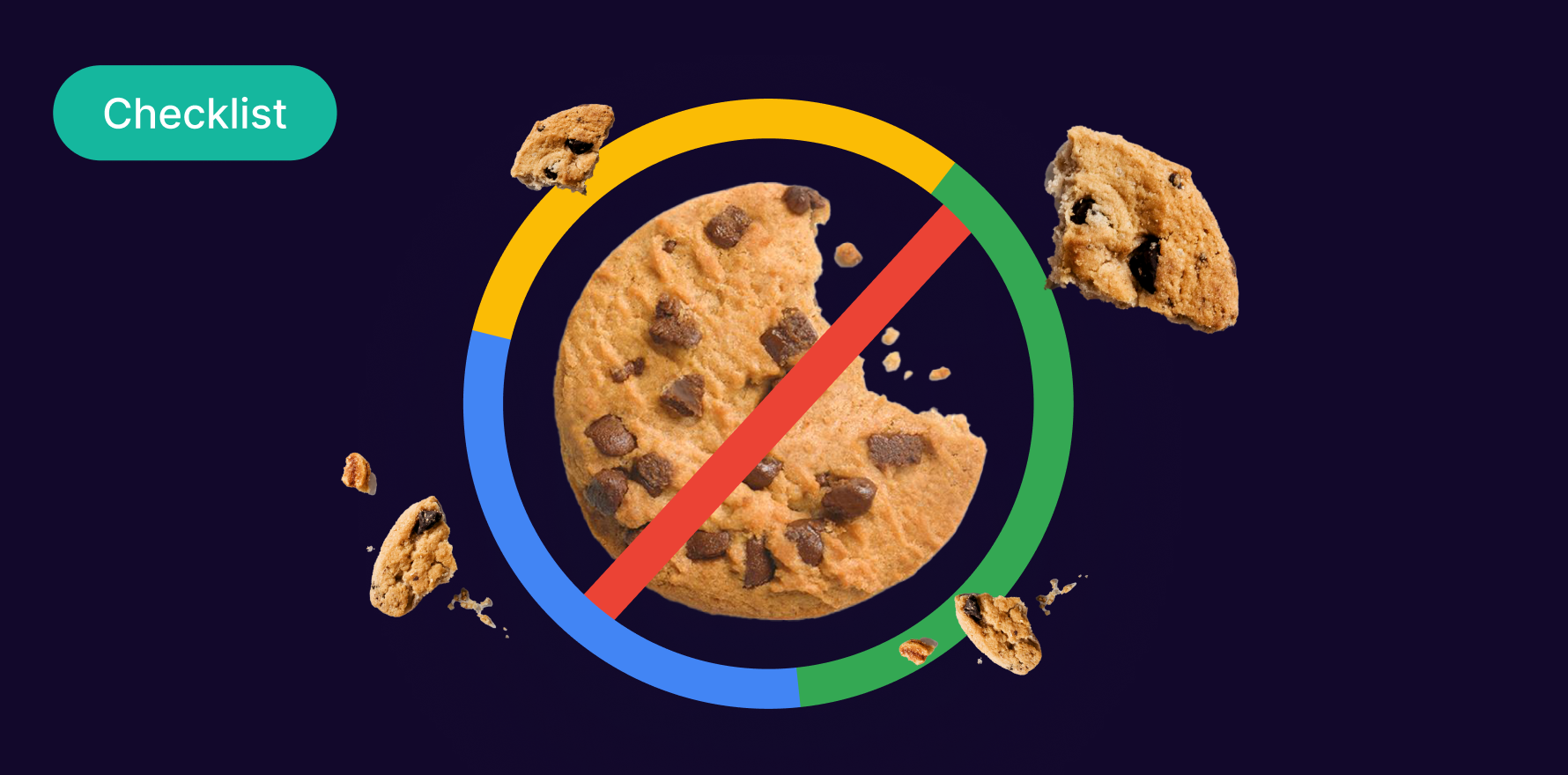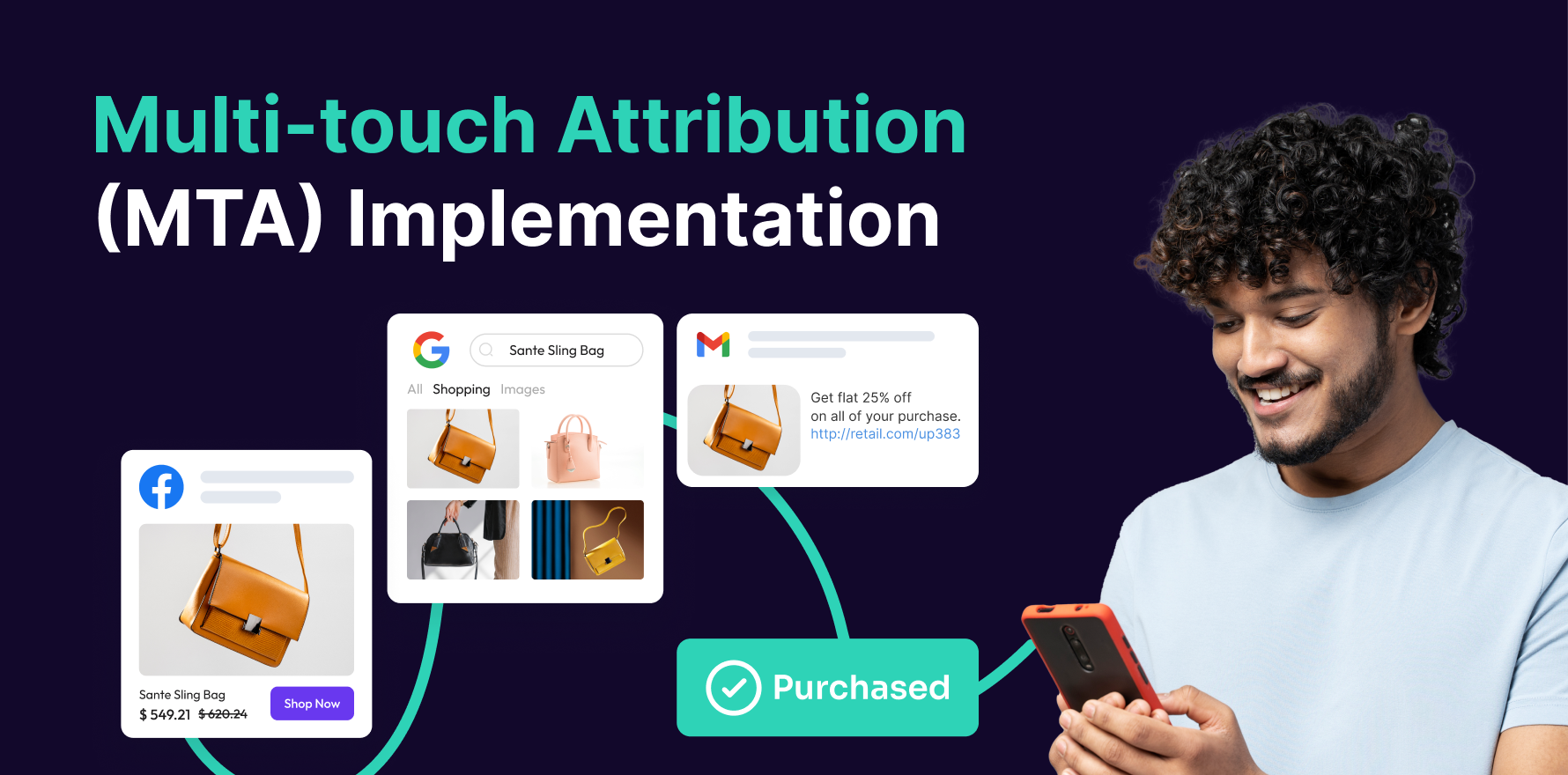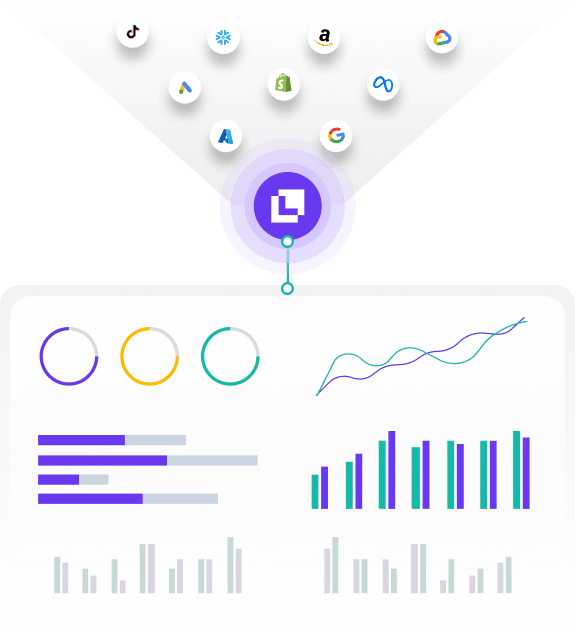What is Social media engagement?
Social media engagement encapsulates every single interaction a user has with your brand on social media. This includes likes, shares, comments, mentions, direct messages, reposts, follows, and clicks on your social media pages. It’s essentially a measure of how your audience responds to your brand through the dynamic social media landscape. It serves as an essential thermometer of your brand’s digital health, reflecting the relationship between your brand and your audience.
Formula
Social Media Engagement Rate = (Total Engagements / Total Followers) * 100%
Example
Let’s say a brand post receives 100 likes, 10 comments, and 5 shares, and they have a total follower count of 10,000. The engagement rate thus would be (115 engagement /10,000 followers) * 100 = 1.15%
Why is Social media engagement important?
Social media engagement is vital to ecommerce businesses because it enhances the brand perception, drives organic visibility, increases customer loyalty, and gives valuable insights into consumer behavior. Today, it’s no longer about getting your products in front of customers but more about interacting with them and building a community around your brand.
Which factors impact Social media engagement?
Several factors impact social media engagement, including the quality and relevance of content, time of posting, use of hashtags, and frequency of posts. Furthermore, it’s impacted by your quickness in responding to inquiries or feedback and your audience’s demographic profile.
How can Social media engagement be improved?
To boost social media engagement, businesses should consistently create shareable and relevant content, utilizing visual media, interacting with the audience through responses and reposts, running contests and giveaways, and leveraging user-generated content. Regularly analyzing successful posts can lend insight into what connects with your audience best.
What is Social media engagement’s relationship with other metrics?
Social media engagement correlates directly with other ecommerce metrics like website traffic, conversion rate, customer retention rate, and average order value. A high engagement rate could lead to increased website visitors via social channels, potentially upsurging sales and revenue. Engaged customers are also more likely to fast become loyal customers, positively impacting the customer lifetime value.
Free essential resources for success
Discover more from Lifesight
















